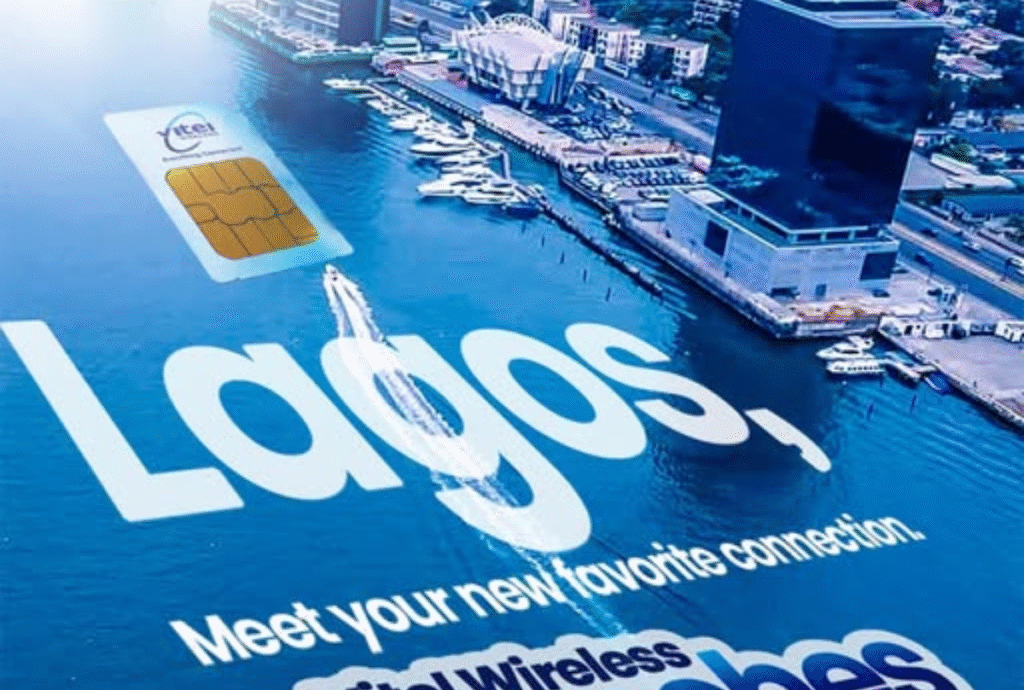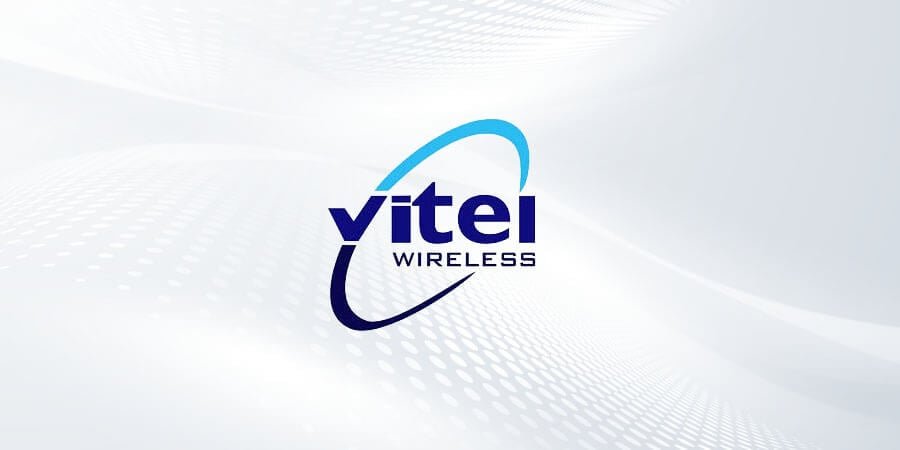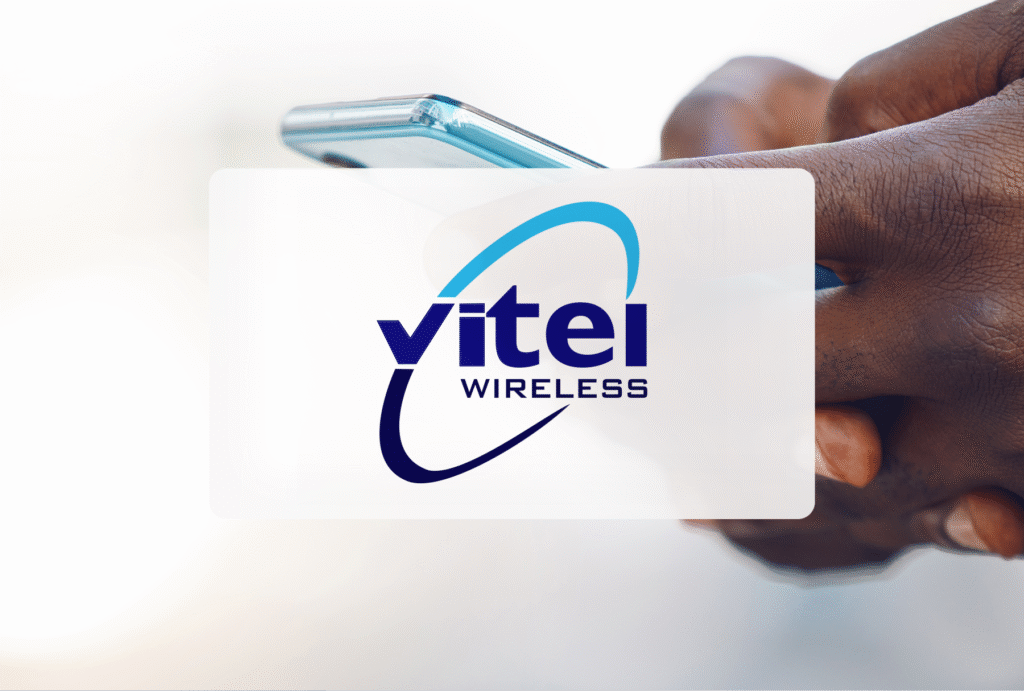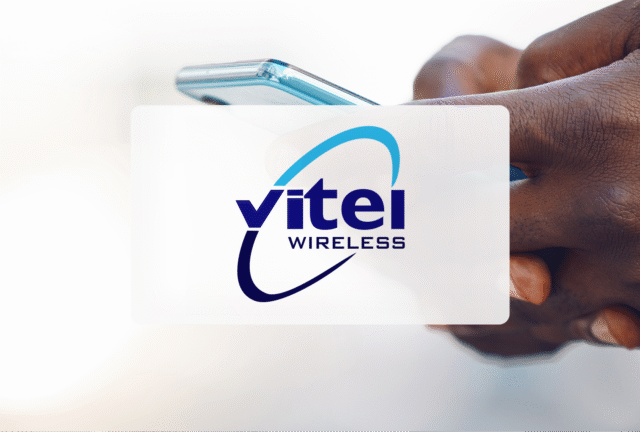A fresh and ambitious entrant has arrived on the Nigerian telecom scene: Vitel Wireless. On October 31 2025, the company officially announced the launch of its mobile services in Nigeria, signalling what industry watchers are calling a potential turning point in the country’s telecom sector.
Deploying the Mobile Virtual Network Operator (MVNO) model, Vitel Wireless enters as a brand-new operator leasing network capacity from existing carriers rather than owning towers and network infrastructure. It obtained the 0712 numbering series from the Nigerian Communications Commission (NCC), granting it the regulatory recognition required to provide mobile services.
This move comes as Nigeria’s mobile market—already the largest in Africa with well over 220 million active subscribers—is ripe for innovation and greater competition. Vitel’s arrival may just be the shake-up many anticipated.

Table of Contents
What Vitel Brings to the Table
So, what differentiates Vitel from the current big four carriers? For one, the company’s business model emphasises flexibility, value and customer-centric experience, rather than massive infrastructure investment. As explained in its launch announcement, Vitel aims to “prioritise customer experience without the financial burdens of building a network.”
Here are some of the key components of what Vitel Wireless is promising:
- Nationwide voice, SMS and data services through partnerships with established Nigerian operators.
- Use of the 0712 numbering block—meaning new-brand identity and numbering for consumers.
- Emphasis on affordability and flexibility: the promise is that customers will be able to access competitive pricing and innovative product offerings.
- A push for market diversification: by entering as an MVNO, Vitel could help drive down costs, raise service quality and force the status quo to innovate.
Interestingly, the MVNO model has been widely used in many international markets to inject competition without requiring new carriers to bear the full cost of network build-out. Nigeria’s adoption of such a model signals a more open, dynamic era in telecom regulation and business model experimentation.

Why This Matters for Nigeria’s Telecom Landscape
The arrival of Vitel Wireless isn’t just another brand launch—it may mark the start of a broader change in the telecom ecosystem in Nigeria. With the industry dominated by a handful of major carriers, the introduction of virtual operators holds several implications:
- More consumer choice: Customers may gain more options beyond the established players, including differentiated offers and potentially lower prices.
- Better service quality & innovation: With a new entrant focusing on experience and flexibility, existing players may need to lift their game or risk losing edge.
- Regulatory alignment: The NCC’s support of MVNO models helps further its goals of increasing access, promoting private-sector innovation and achieving digital inclusion. Vitel’s launch aligns with that strategic vision.
- Potential spill-over to other African markets: If Vitel succeeds, the template could be replicated across the continent—opening doors for more virtual operators, lowering barriers for entry, and supporting mobile connectivity in underserved areas.
From a personal standpoint, one could imagine how this might play out in everyday Nigerian lives: the student seeking affordable data for e-learning, the entrepreneur hoping for competitive voice plans to connect clients, or the rural household looking for reliable mobile coverage at a lower cost. A new operator like Vitel introduces hope for those who have long felt underserved or locked into limited options.
The Road Ahead: Challenges and Opportunities
Of course, launching is one thing—succeeding is another. Vitel Wireless will face several hurdles in making an impact.
1. Infrastructure reliance and network experience
By leasing network capacity rather than owning it, Vitel depends on its partner operators for service quality, coverage and reliability. If those underlying networks fall short, Vitel’s brand reputation will be tied to that outcome. Ensuring high-quality coverage—especially in remote regions—will be key.
2. Brand differentiation in a crowded market
Nigeria’s mobile market is saturated with established names, many with deep subscriber bases, strong brand loyalty and diversified services (voice, data, mobile money). For Vitel to stand out, it will need compelling offers, excellent service and meaningful customer engagement.
3. Pricing pressure and profitability
While affordability is a promise, it also raises margin pressure. Virtual operators often need to balance aggressive pricing with sustainable business models. Vitel will need to ensure that its cost structure, partner agreements and operational model support profitability.
4. Regulatory and market dynamics
Though the regulatory environment is favourable to MVNO models, Vitel will still need to navigate licensing, consumer protection rules, interconnect arrangements, spectrum access (if any), and competition from incumbents. Market reactions—including possible push-back from established carriers—may challenge pace and growth.
Yet with those challenges come opportunities. The rising mobile penetration across Nigeria, the increasing demand for data-centric services (video, streaming, mobile commerce), and the youth-driven appetite for digital connectivity all create favourable tailwinds for a nimble, customer-led mobile operator.
From my own view, having witnessed the telecom journeys across Africa, a new entrant like Vitel brings energy, possibilities and disruption. If executed well, it could catalyse meaningful change in how Nigerians experience mobile services—more choice, better value, stronger innovation.

Conclusion
In summary, Vitel Wireless’ launch of mobile services in Nigeria is far from just another market announcement—it may represent a meaningful shift in the telecom landscape. With its MVNO model, customer-centric focus and alignment with regulatory objectives, Vitel is well placed to challenge the status quo.
For Nigerian consumers, this could mean more flexible plans, improved service quality and perhaps even an entirely new way of thinking about mobile connectivity. For the industry, it signals the importance of innovation, collaboration and agility in a market that is evolving fast.
As Vitel embarks on this journey, the big questions will be: Can it deliver on its promise? Will it carve out sufficient market share to be sustainable? And will its presence push the wider industry to become more competitive and consumer-friendly?
Only time will tell. But for now, one thing is clear: Nigeria’s telecom sector has just welcomed a new challenger—and the game may well be changing.
Join Our Social Media Channels:
WhatsApp: NaijaEyes
Facebook: NaijaEyes
Twitter: NaijaEyes
Instagram: NaijaEyes
TikTok: NaijaEyes





